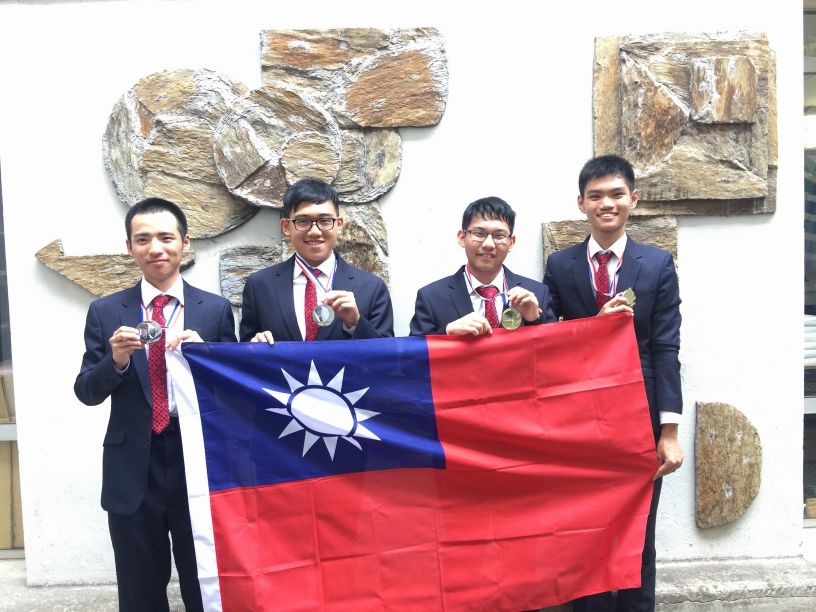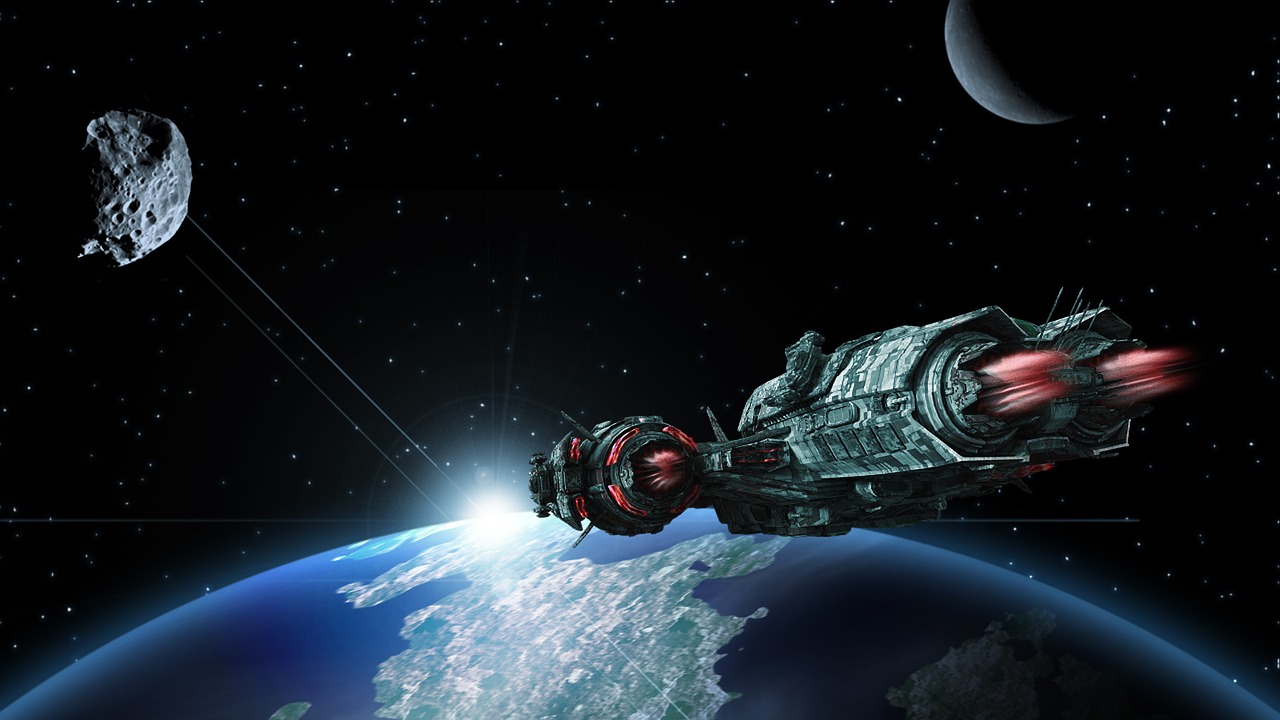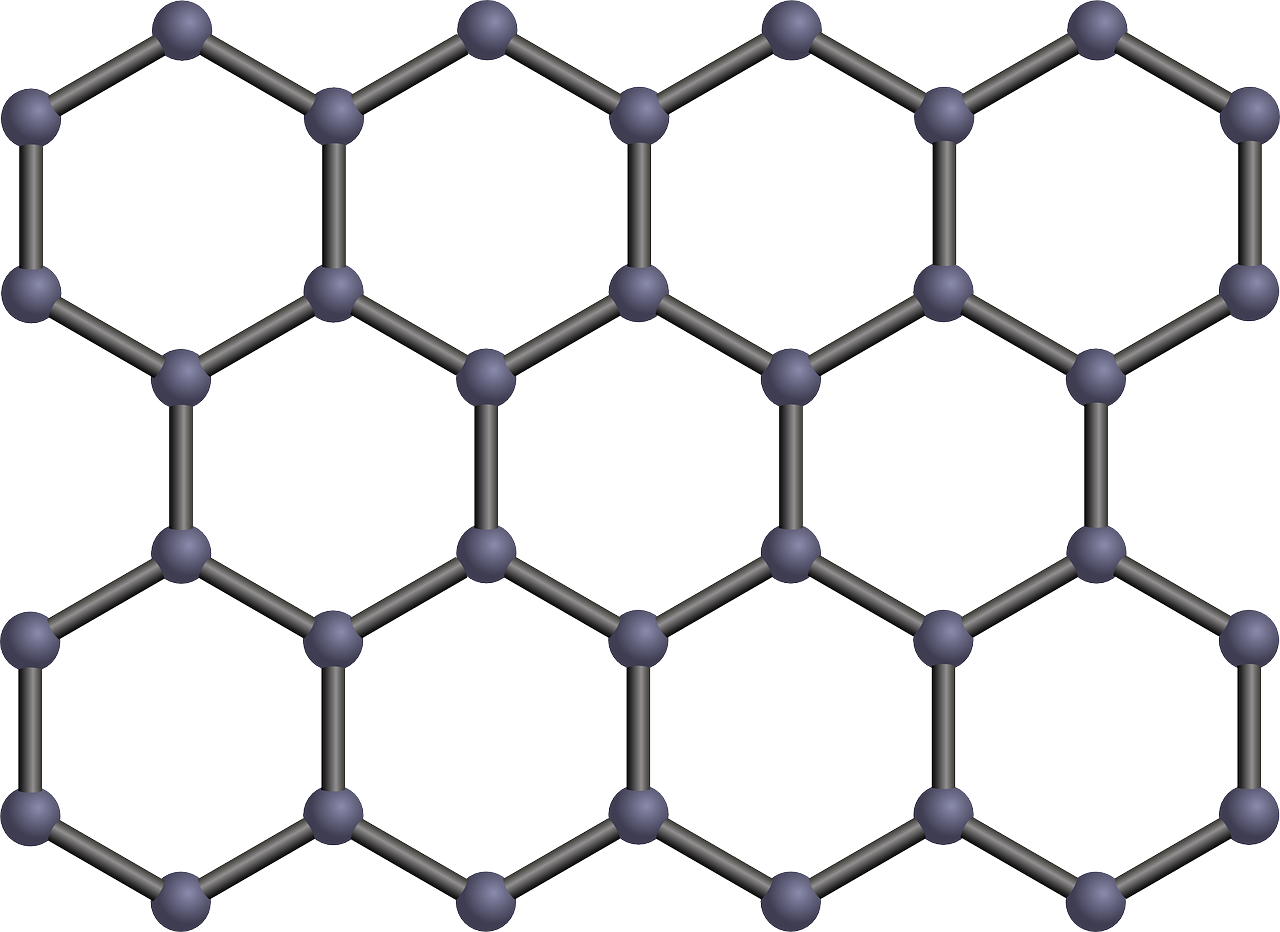
Taiwan ranks 2nd at International Earth Science Olympiad
- News
- 1.8K
Taiwan students won two golds and two silvers to tie with Japan for second place at the 11th International Earth Science Olympiad in Nice, France, the Ministry of Education announced Aug. 29.
Held Aug. 22-29, this year’s event saw over 100 high school students from nearly 30 countries and territories compete in earth science subjects such as geology, geophysics, meteorology, oceanography, terrestrial astronomy and environmental sciences.
The Taiwan team comprised Chen Ying-chiao, Huang Shen-chang and Wu Tsung-hsun from Taipei Municipal Jianguo High School and Lu Bo-yuan from the Affiliated Senior High School of National Taiwan Normal University. It was led by professors Yeh Meng-wang and Lin Pay-liam from Taipei-based National Taiwan Normal University and Taoyuan City’s National Central University, respectively.
Huang and Wu won gold medals, while Chen and Lu bagged silvers. At the Olympiad’s Earth Science Project, an activity that grouped students from different countries into teams to challenge their collaboration and communication skills in solving this year’s problem regarding extraterrestrial migration, Huang and his team won second place.
In an effort to encourage local students to take part in international olympiads, the MOE offers rewards of NT$200,000 (US$6,600), NT$100,000 and NT$50,000 for gold, silver and bronze medals, respectively. According to the ministry, participating in the competitions helps students develop international perspectives by giving them the opportunity to engage with peers from around the world.
In 2009, Taipei City hosted the third edition of the IESO, in which the national team took first place with four gold medals. Taiwan has won a total of 31 golds and 13 silvers.
Founded in 2007 by the International Geoscience Education Organization, an affiliate of the Washington-based International Union of Geological Sciences, the IESO is dedicated to enhancing public awareness of earth sciences. The annual competition for secondary school students consists of theoretical and practical examinations, with the former presented as a set of earth science problems and the latter experimental tasks, as well as challenges such as the International Team Field Investigation and the Earth System Project.


